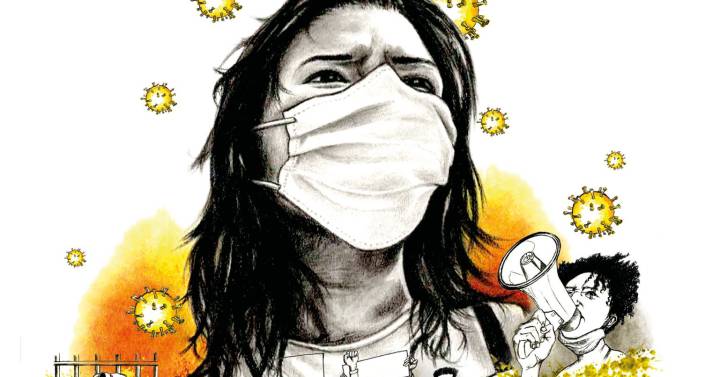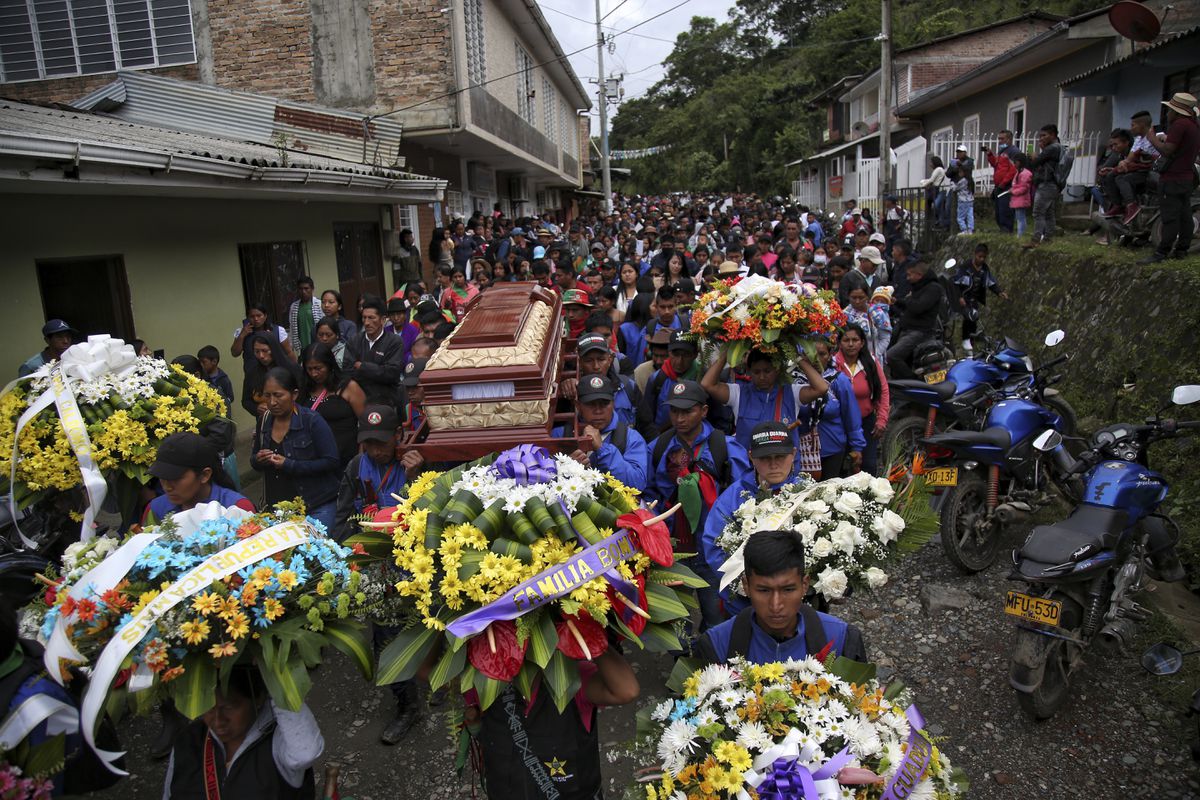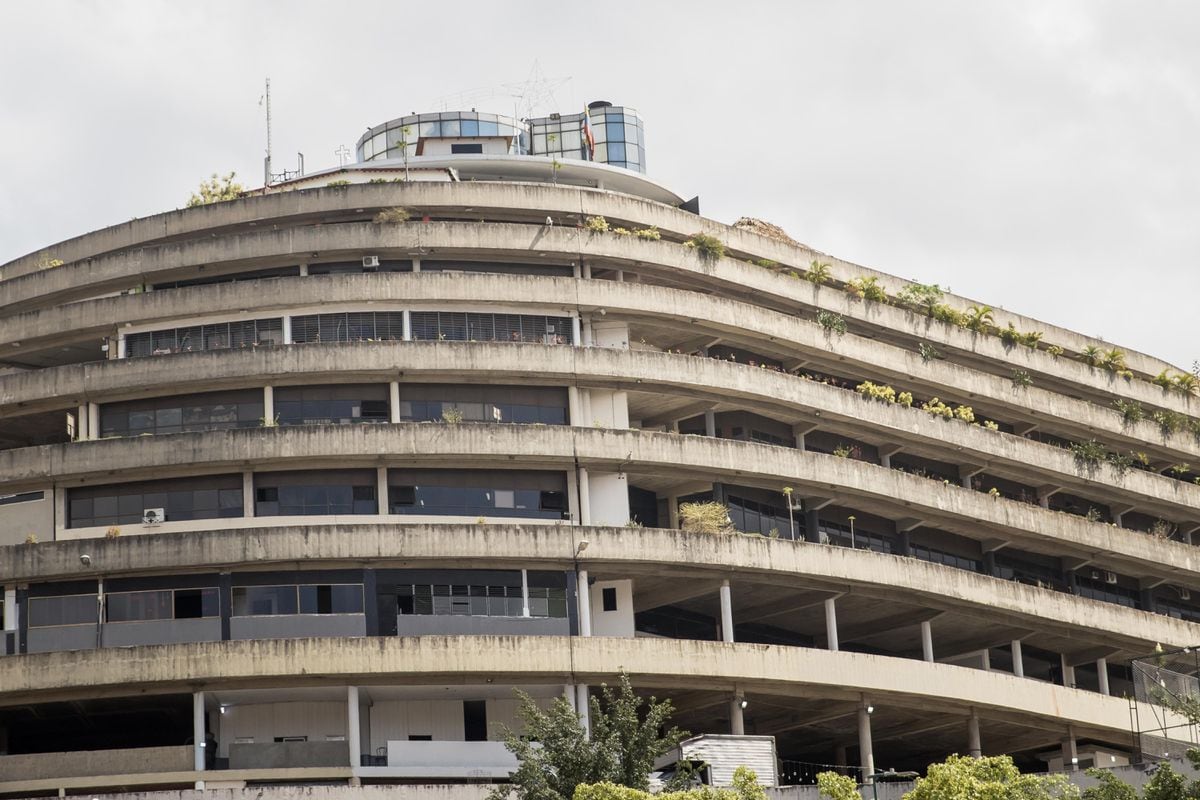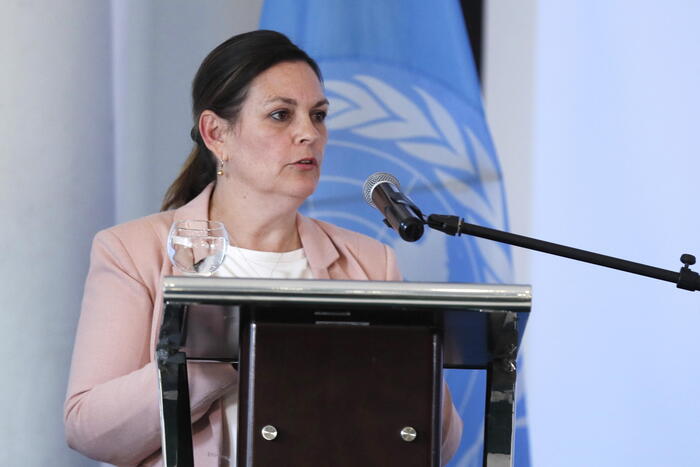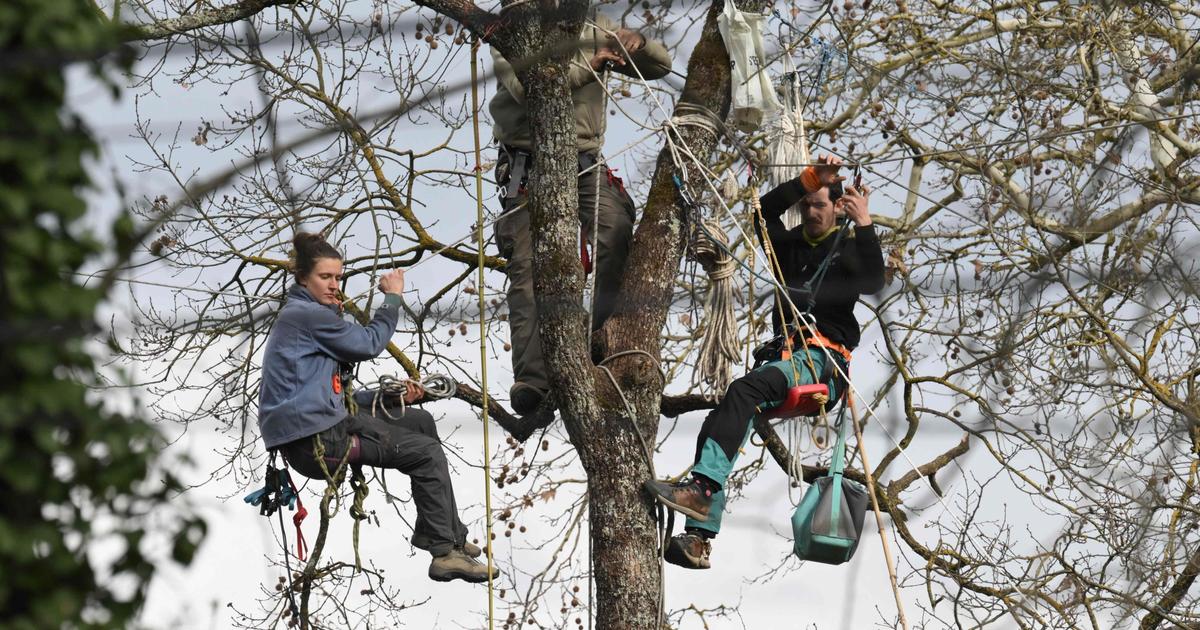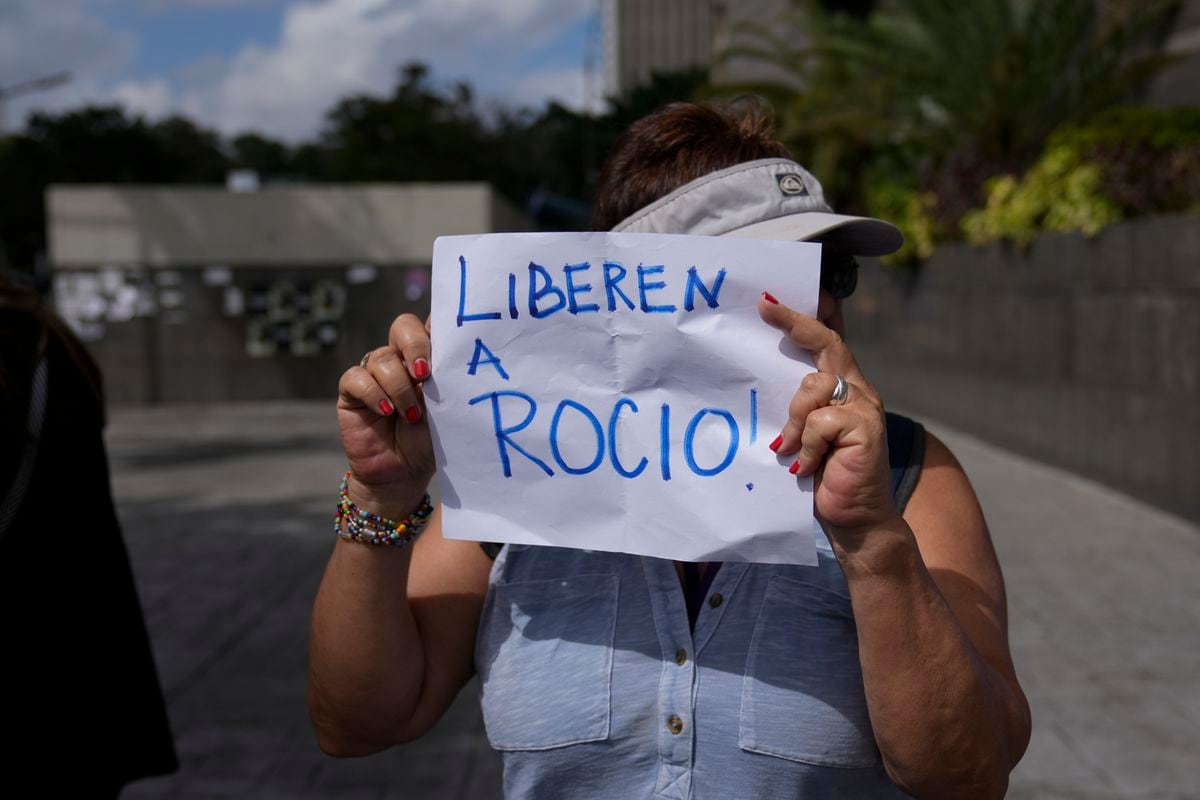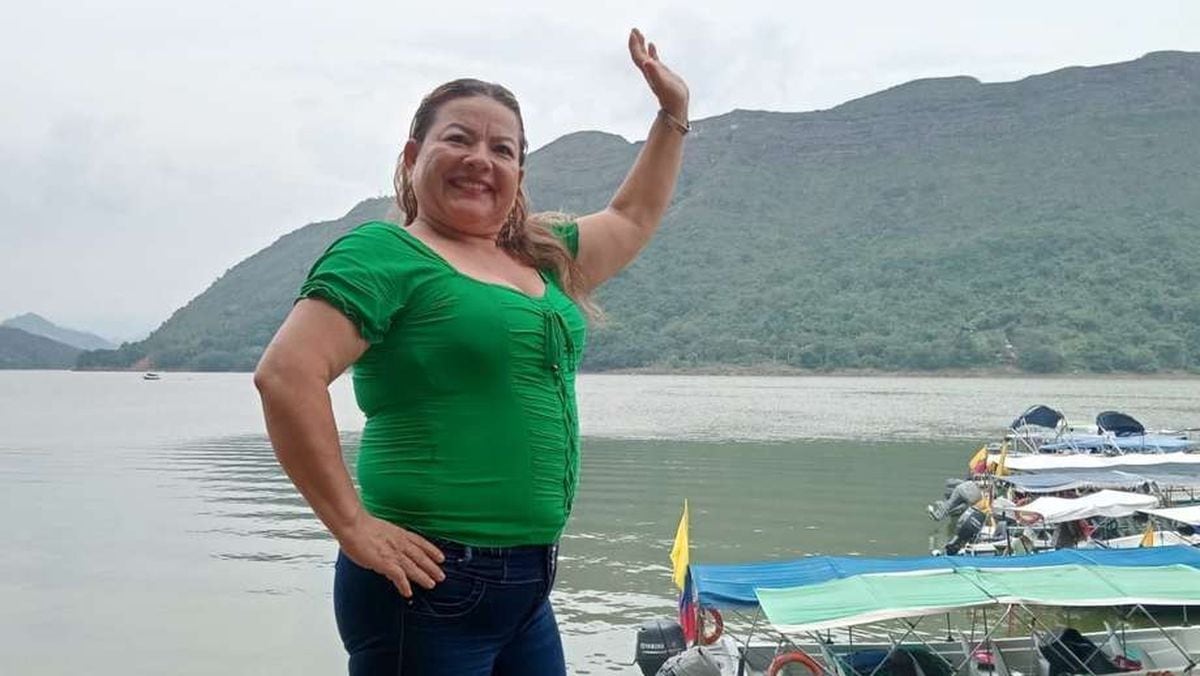In this dramatic world coronavirus time (with more than 700,000 deaths and almost 20 million infected) in which so many critical and new situations are being experienced and so necessary it has been and is the joint work of all sectors to get ahead on a local scale National and global, many governments have made a cape out of their cape and have taken advantage to further repress citizens, including those already held or imprisoned. This is denounced today by Amnesty International (AI) in a new report entitled Daring to defend human rights during a pandemic.
MORE INFORMATION
- A new generation of 'malalas' and 'gretas'
- The heirs of two centuries of injustice
- Yaku Pérez, the mountain lawyer who defends water
- "Solidarity is the best protection for human rights defenders"
In it, and through five sections, there are many other ways and modes of persecution of human rights defenders (human rights) that have occurred in much of the world in recent months. Since the use of confinement as a pretext to control and attack certain people or groups, something that, they indicate, has happened in Hungary, Zimbabwe, Niger, Thailand or, especially, in the Philippines (with President Duterte encouraging the "hunting of the activist ", and where the case of Maria Resa is the most prominent but not the only one), up to the specific punishments associated with the identity of the defenders, that is, that some of them, in addition to being attacked for the work they carry out, are in risk for who they are. "Their challenges stem from structural inequality and discrimination because they are women, indigenous people or people of African descent, migrants, refugees or LGBTI people or belong to other groups that are systematically discriminated against and marginalized," the report states.
This investigation documents attacks against human rights defenders perpetrated during the covid-19 period in no less than 46 countries
Silencing those people who have been critical of the handling and measures taken by politicians and governments against the pandemic have highlighted China, Poland, Nicaragua, the USA or Russia. Thus, Amnesty International has identified 131 people worldwide who have been the victim of harassment, prosecution, manslaughter or imprisonment under pretexts related to covid-19. " Fake news legislation , movement restrictions, less police protection and increased criticism intolerance have led to a new wave of repression worldwide against those who have reported irregularities in the health sector or have indicated responses inadequate to the pandemic ", they indicate.
Not releasing those already incarcerated as double punishment appears to have been one of the preferred methods of repression, according to AI. "Governments that have been praised during these months for releasing thousands of prisoners for health prevention before the coronavirus outbreaks (as Egypt, India, Iran and Turkey did) have excluded human rights defenders from this release and / or have continued to carry out arrests of activists, journalists and critical citizens, "they indicate.
Last March 25, 2020, at the height of the pandemic, the United Nations High Commissioner for Human Rights, Michelle Bachelet, urged states to release “all illegally detained persons, including prisoners and political prisoners and those detained for their critical and dissenting opinions. ” They should, he asked, in response to the health threat. However, several countries turned a deaf ear and excluded advocates from measures to decongest prisons. "In India, for example, many students and activists who had participated in peaceful protests against the Citizenship Law, which is discriminatory, continue to be unjustly detained," reports AI.
Amnesty International has identified 131 people worldwide who have been the victim of harassment, prosecution, manslaughter or imprisonment under pretexts related to covid-19
In Egypt, it continues, the Government did not release detainees solely for expressing its opinion, "nor thousands of other prisoners and remand prisoners, many of whom face excessively imprecise terrorism charges among concerns of non-compliance. of procedural guarantees ". In Iran, the authorities announced that they had temporarily released 85,000 prisoners, "but many defenders continue to be held on politically motivated charges in appalling conditions." Among them, Narges Mohammadi, who suffers from serious health problems and is denied medical attention.
"In Turkey, decongestion measures, under which more than 100,000 people were released in April, have expressly excluded persons detained pending trial and those held in pre-trial detention or found guilty pursuant to of Turkish anti-terrorism legislation, overly general. These include political and human rights activists, journalists, people from academia and others who have spoken out against the government. "
“His exclusion from measures of freedom underscores the political nature of his imprisonment. It is evident that the Turkish government fears criticism even more than the pandemic, "says Lisa Maracani, a researcher at the organization. Recall that in the case of Turkey, this July a court in the country sentenced four human rights defenders, including two Amnesty International officials, to between two and six years in prison, accusing them of being related to terrorist organizations and conspiring to overthrow the government of the Islamist Erdogan. "Accusations that international observers dismiss as ridiculous and unsustainable and the result of a judicial system increasingly controlled by the Executive," wrote EL PAÍS correspondent Andrés Mourenza.
In other countries where prison overcrowding is already severe, governments have continued to detain activists on trumped-up charges, compounding the problem and endangering more people, such as in Tunisia, Morocco, Niger, Zimbabwe and Angola. , among other countries.
Make them easy targets
Finally, this report points out, another mode of subtle persecution is to expose or not protect those defenders already at prior risk (something that has happened in those countries where the murders already existed previously), which has provided new opportunities for those who want to silence them. . That is, make them easy targets. And they have succeeded, in some cases, with deaths on the table such as that of community leader Carlota Isabel Salinas Pérez, a women's rights activist who was killed at the door of her house in March while distributing food. Thus, denounces AI, in Colombia and Mexico, for example, police protection measures have been reduced; In Honduras, the most serious recent incident is the possible forced disappearance of five young people, four of whom are activists from the Honduran Black Fraternal Organization. "They were taken away from their homes on July 18 by men in police uniforms." And in Colombia, the civil society organization Indepaz reported 166 homicides during the first half of 2020.
The pandemic as a breeding ground for violence against women
LHM
Amnesty International's new report on the risks of defending human rights today reveals that many feminist organizations are already dealing with the impact of this crisis on women in general and activists in particular, including those who defend the rights of sex workers, those who work against domestic violence and other gender violence. SISMA Mujer de Colombia, for example, published an in-depth analysis of how the pandemic has caused an increase in the levels of violence against both groups, both domestic and in threats, physical attacks and murders of women activists. The Mesoamerican Initiative of Women Human Rights Defenders has also published an analysis of the situation in Mexico and Central America, citing numerous threats to them, including gender-based attacks and lack of protection, as well as loss of livelihood and access to health services. The Amnesty report also documents attempts to exclude human rights defenders from participating in the response to the pandemic, particularly those who have previously been marginalized, harassed and intimidated, such as those who defend the rights of sex workers. In El Salvador, they report an increase in online threats, harassment and use of derogatory, misogynistic and stigmatizing language on social networks, including by state officials and those who support the government. Particularly in the case of activists and journalists who have publicly criticized the government's handling of the crisis in recent months, according to this investigation.
Thus, many seem to have ignored what this independent organization (one of the few that finances only from its partners, more than seven million) suggested to the States as early as spring, just as the UN did. He then urged countries to ensure that human rights defenders were taken into account in their responses to address the pandemic, "for being key actors in ensuring that the measures implemented respect human rights and leave no one behind." Amnesty then called on everyone to "not use covid-19-related restrictions as a pretext to further reduce civic space and crack down on dissidents or those who defend human rights, or to suppress relevant information deemed uncomfortable for a government. " Three months later, this highly interesting investigation, laden with personal cases and links to data, documents attacks against them perpetrated during the covid-19 period in no less than 46 countries.
On the overzealousness of the security forces and the use of violence before and during confinement in African countries, we spoke in the article The virus that also kills rights in reference to Nigeria, Senegal, Kenya or South Africa. 'The police kill more than the virus' has been a headline that has been repeated on at least two occasions, in Nigeria and in Kenya, and which represents the feeling of excessive police violence to enforce curfews and rest of containment measures of the covid-19. Social networks have echoed these abuses and in some they have achieved something unusual: that the authorities react and acknowledge mistakes, apologize or announce investigations and sanctions, depending on the case, "wrote Carlos Bajo Erro, a journalist specialized in African activism. .
"If those human rights defenders who were warning against the spread of the coronavirus had been heard months ago and not silenced, the world would be a much healthier place now, with far fewer lives and livelihoods lost. The world cannot give itself the luxury to ignore journalists, scientists and health professionals or professional defenders of human rights, "says Mary Lawlor, the United Nations Special Rapporteur.
Unfortunately what reality and these data show, according to Maracani, is that instead of making room for them to support efforts to tackle the pandemic and prepare for a just recovery, governments are "taking counterproductive measures to silence those they consider opponents "and the covid-19 has been" an added punishment for defenders. "
States should recognize that without individuals and groups defending human rights worldwide, it will be almost impossible to tackle covid-19
In conclusion, Amnesty International insists in this report that the pandemic has presented a series of multiple new societal challenges that cannot be addressed by top-down approaches alone. "States must quickly learn from mistakes, adapt, innovate and provide flexible and differentiated responses to the vast problems arising from the crisis. This can only be achieved when criticism and debate are allowed, and consultation, listening and encouragement are different sectors of society to participate. That is why defenders are important actors in the fight against the pandemic and should be seen as allies, not enemies. "
States should recognize, he points out, that without individuals and groups that defend Human Rights worldwide, it will be almost impossible to tackle covid-19 and save as many lives and livelihoods as possible. Therefore, it is not only their obligation, but that it is in the general interest to "recognize them, protect them and allow them to carry out their crucial work so that the hardest impact of the crisis can be mitigated and those who are most at risk are not left behind. outside".
“Now more than ever, his work is essential to fight for equal access to health care, food and shelter, and to inform citizens about the virus and ways to protect themselves. The governments that exploit this crisis to attack those who defend human rights must know that they are being closely watched, "warns Maracani.
You can follow PLANETA FUTURO on Twitter and Facebook and Instagram, and subscribe here to our newsletter .

